December 20, 2024 | 10:22 GMT +7
December 20, 2024 | 10:22 GMT +7
Hotline: 0913.378.918
December 20, 2024 | 10:22 GMT +7
Hotline: 0913.378.918
But a unique experiment led by Peter Reich of the University of Michigan is showing that, on a warming planet, more carbon is escaping the soil than is being added by plants.
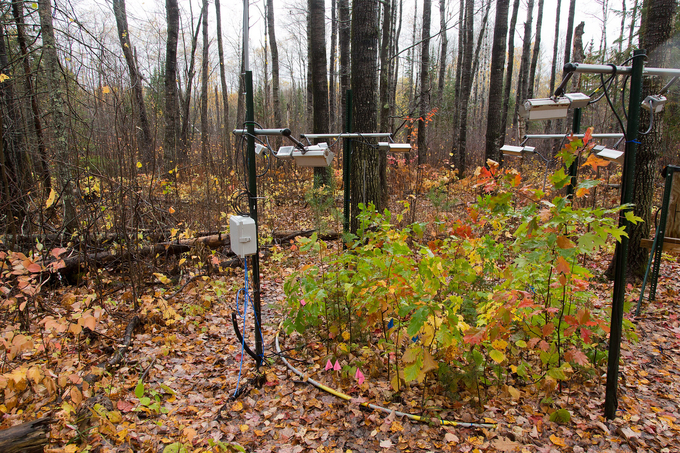
Credit: University of Michigan
"This is not good news because it suggests that, as the world warms, soils are going to give back some of their carbon to the atmosphere," said Reich, director of the Institute for Global Change Biology at U-M.
"The big picture story is that losing more carbon is always going to be a bad thing for climate," said Guopeng Liang, the lead author of the study published in Nature Geoscience. Liang was a postdoctoral researcher at the University of Minnesota during the study and is now a postdoctoral researcher at Yale University and an exchange fellow at the Institute for Global Change Biology.
By understanding how rising temperatures affect the flow of carbon into and out of soils, scientists can better understand and forecast changes in our planet's climate. Forests, for their part, store roughly 40% of the Earth's soil carbon.
Because of that, there have been many research projects studying how climate change affects the carbon flux from forest soils. But few have lasted for longer than three years and most look at warming either in the soil or in air above it, but not both, Reich said.
In the experiment believed to be the first of its kind led by Reich, researchers controlled both the soil and above-ground temperatures in open air, without the use of any kind of enclosure. They also kept the study running for more than a dozen years.
"Our experiment is unique," said Reich, who is also a professor at the U-M School for Environment and Sustainability. "It's far and away the most realistic experiment like this in the world."
The trade-off is that running such a sophisticated experiment for so long is expensive. The research was supported by the National Science Foundation, the U.S. Department of Energy and the University of Minnesota, where Reich is also a Distinguished McKnight University Professor.
Joining Reich and Liang on the study were colleagues from the University of Minnesota, the University of Illinois and the Smithsonian Environmental Research Center.
The team worked at two sites in northern Minnesota on a total of 72 plots, investigating two different warming scenarios compared with ambient conditions.
In one, plots were kept at 1.7 degrees Celsius above ambient and, in the other, the difference was 3.3 degrees Celsius (or about 3 and 6 degrees Fahrenheit, respectively). Soil respiration—the process that releases carbon dioxide—increased by 7% in the more modest warming case and by 17% in the more extreme case.
The respired carbon comes from the metabolism of plant roots and of soil microbes feeding on carbon-containing snacks available to them: sugars and starches leached out of roots, dead and decaying plant parts, soil organic matter, and other live and dead microorganisms.
"The microbes are a lot like us. Some of what we eat is respired back to the atmosphere," Reich said. "They use the same exact metabolic process we do to breathe CO2 back out into the air."
Although the amount of respired carbon dioxide increased in plots at higher temperatures, it likely didn't jump as much as it could have, the researchers found.
Their experimental setup also accounted for soil moisture, which decreased at warmer temperatures that cause faster water loss from plants and soils. Microbes, however, prefer wetter soils and the drier soils constrained respiration.
"The take-home message here is that forests are going to lose more carbon than we would like," Reich said. "But maybe not as they would if this drying wasn't happening."
(Phys)

(VAN) Voice of Animals, a Russian NGO, has prepared amendments to the draft veterinary regulation in the poultry industry, which is scheduled to come into force on 1 August 2025.
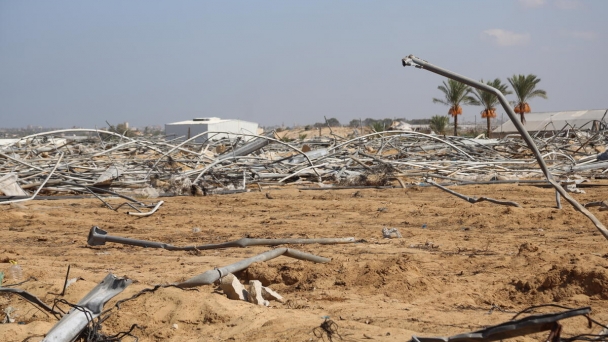
(VAN) From the FAO Regional Office for the Near East and North Africa.

(VAN) A year of change for both the UK’s broiler and egg sectors is highlighted in this year’s Andersons annual Outlook report.
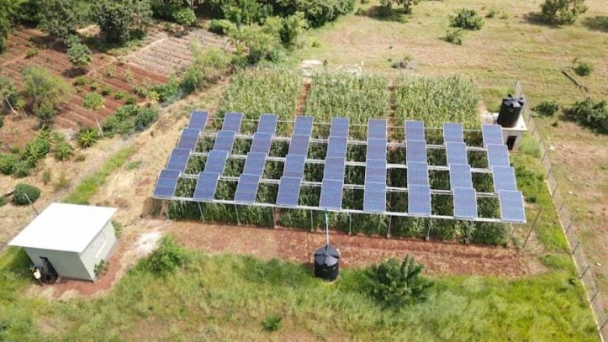
(VAN) Agriculture is a necessary part of human existence; on a global scale, unfortunately, it contributes to the climate crisis.
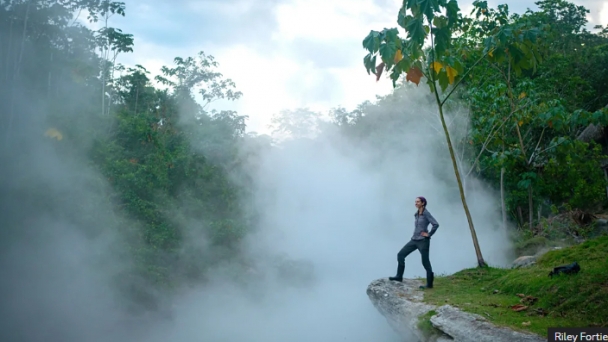
(VAN) The Boiling River regularly reaches 86oC - with drastic consequences for the surrounding rainforest.
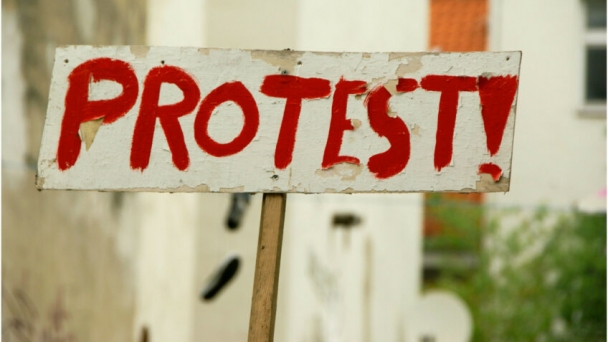
(VAN) For the second time in a month, hundreds of UK farmers took to the streets of London in protest against Labour Party farm inheritance taxes, among other issues.
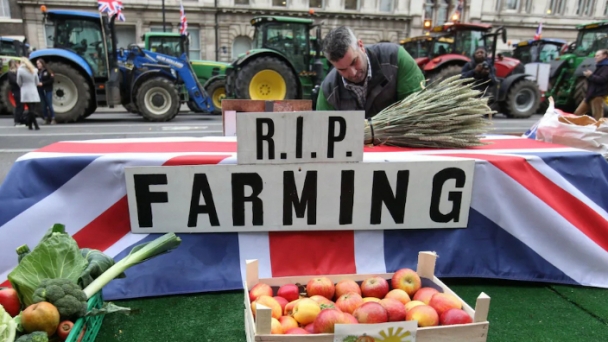
(VAN) Poor weather to blame for hampering ability to sow and damaging growing conditions.